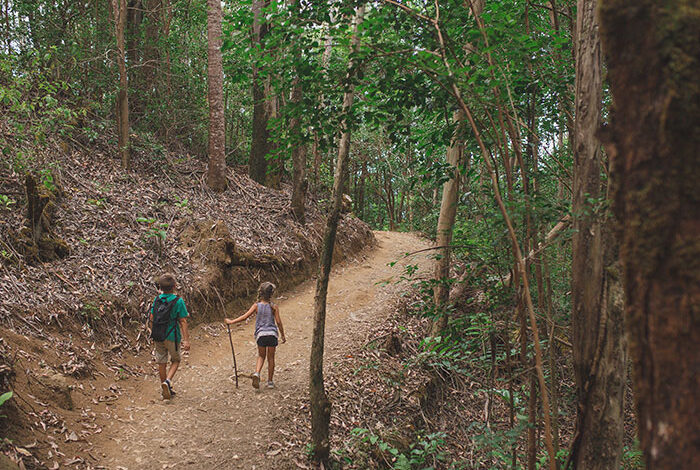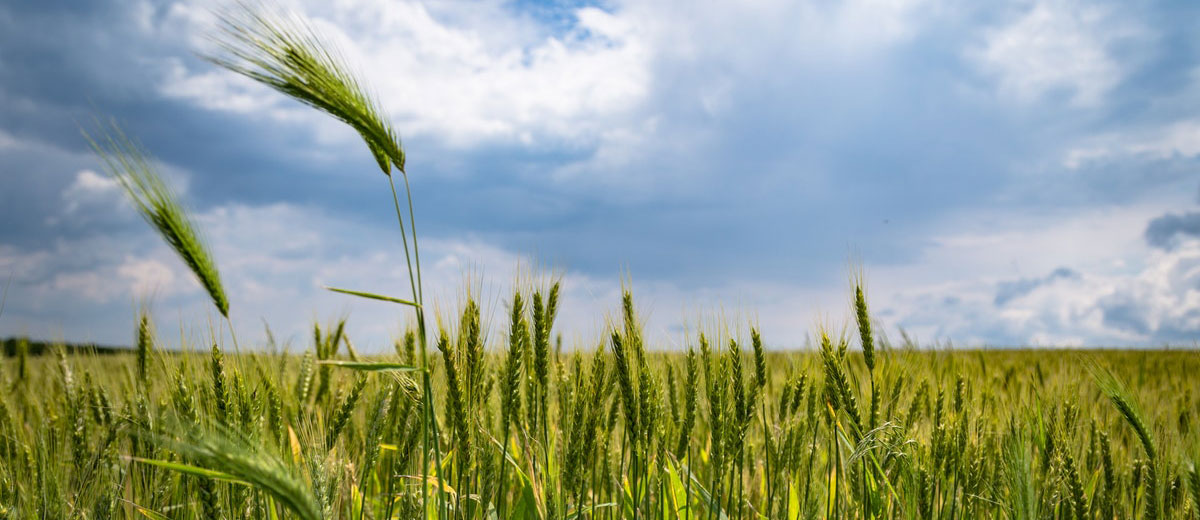
With the weather finally warming up, it’s a good idea to start thinking about the benefits of stepping away from the screens and getting outside.
A growing body of evidence indicates that for humans to thrive in harmony with nature, we need to understand the importance of integrating it into our lives. However, while many of us experience, benefit from, and care for nature, others face barriers to experiencing and connecting with it. At a time when the world is confronted with growing environmental challenges, better understanding the critical connection between people and nature is key to stimulate positive changes. At a personal and societal level the evidence is strong and growing that people tend to be happier, healthier, and more productive, creative, active and engaged in community and civic life when nature is a meaningful part of their lives. They are also more likely to care for it.
How Connecting with Nature Helps Us Care for Ourselves and the Earth
- Positive, direct experiences in nature during childhood and role models of care for nature by someone close to the child are the two factors that contribute most to individuals choosing to take action to benefit the environment as adults.
- People of all ages who participate in nature-based activities tend to be happier and healthier than those who do not.
- Social experiences in nature foster connectedness to each other and to nature.
- People who develop a sense of place are more likely to want to protect it and to oppose the degradation of the environment.
- Knowledge is very important but is not enough on its own to cause people to take action to benefit nature.
- Meaningful, positive experience in nature is a powerful way of developing a connection with, or love of, nature that can in turn guide people toward care for the Earth.
The benefits of connecting with nature start with our children. For example, infants and toddlers develop healthy, resilient bodies from time spent exploring hands-on with natural materials. They are stimulated cognitively and physically by the sights and sounds in outdoor spaces. They develop social skills and bond with family members through shared experiences in the outdoors.
Outdoor play in school-aged children has been linked to the development of core skills, including problem-solving and reasoning, creativity, curiosity, risk-identification, self-regulation and social and emotional learning. For students, studies are showing positive associations between the greenness of school landscapes and academic performance, such as standardised test scores and rates of graduation. A recent survey conducted in 45 countries for the Outdoor Classroom Day initiative revealed that when lessons are taken outdoors, children are more engaged in learning (88%), are better able to concentrate (68%), and are better behaved (65%). Children and adolescents with access to nature also tend to enjoy more physical activity. They benefit from reduced rates of obesity and other chronic diseases, including diabetes and heart disease, as well as enhanced emotional well-being and resilience. A recent study of 29,784 Canadian adolescents found that engagement in outdoor play—even as little as a half hour per week—was associated with decreased prevalence of psychological symptoms in females, and decreased prevalence of psychosomatic symptoms in both males and females. Teens also benefit from peer support and grow in self-esteem while working, learning, and exploring in groups—particularly enriched by service-oriented projects in the outdoors—that develop their confidence and capacity to care for themselves, others and the environment.
The science is quite simple, by getting children outdoors on a regular basis, this will result in a powerful and effective approach for connecting with nature.
Time spent in nature has an important protective role to play in health and well-being at all ages. From gardening, to cycling, to simply walking outdoors, benefits reported include:
- improved blood pressure, pulse rates and stress hormone levels;
- enhanced sense of well-being;
- reduced levels of anxiety and depression;
- decreased stress and improved work performance in office spaces;
I challenge you to all find additional hours in your day to spend time connecting with nature. Whether it be going for a walk with your family, climbing a tree, walking barefoot on wet grass, or jumping into the lake with friends! I promise you, time spent in nature is never a waste.
References
Alberta Recreation and Parks Association. (2010). Healthy by nature: Investing in community parks, open space and nature education. Edmonton, Alberta: Alberta Recreation and Parks Association. 102 p. http://s3.arpaonline.ca/docs/ Healthy-by-Nature.pdf
Charles, C. & Wheeler, K. (2012). Children & nature worldwide: An exploration of children’s experiences of the outdoors and nature with associated risks and benefits. Minneapolis: Children & Nature Network.
World Health Organization. (2004). Global strategy on diet, physical activity and health: What can be done to fight the childhood obesity epidemic? http://www. who.int/dietphysicalactivity/ childhood_what_can_be_done/en/








































